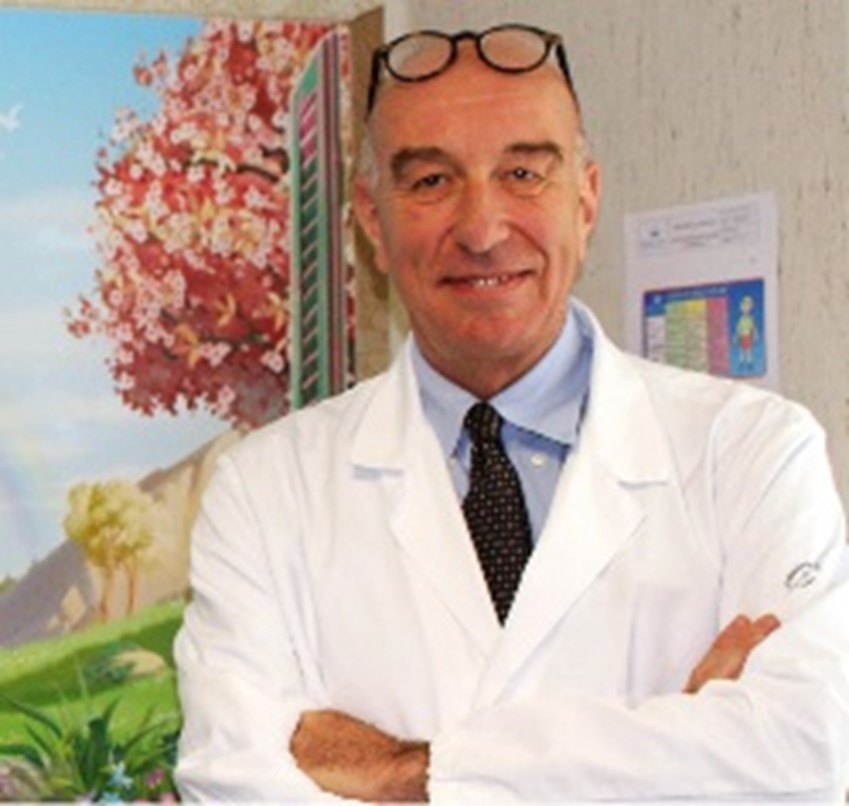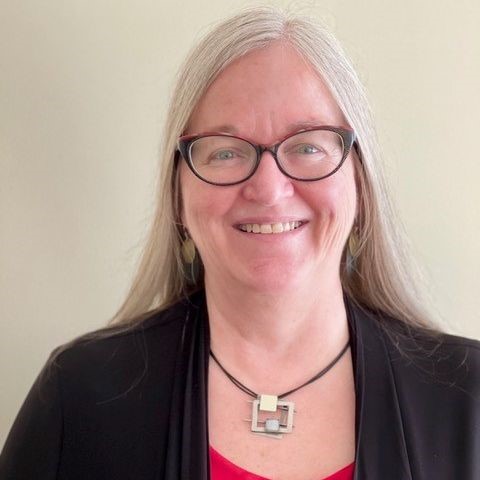The webinar will cover clinical presentations and laboratory features of hyper-inflammation with a focus on hemophagocytic lymphohistiocytosis (HLH) and macrophage activation syndrome (MAS). Pathogenic mechanisms and the involvement of cytokine networks in different forms of hyper-inflammation will be discussed. The webinar will also cover conventional therapeutic approaches, as well as novel targeted therapies.
 r De Benedetti, a physician-scientist, has obtained his MD, Board certification in Pediatrics and PhD at the University of Pavia, Italy. His clinical activity has focused on the diagnosis and treatment of children with rheumatic diseases. Since 2010, he is Head of the Division of Rheumatology at Ospedale Pediatrico Bambino Gesù, Rome. His research activity focuses on the role of inflammatory cytokines. His research led to the identification of novel biomarkers of disease activity and prognosis in several pediatric rheumatic diseases and the identification of novel therapeutic targets; he designed and led several international clinical trials of novel biologicals.
r De Benedetti, a physician-scientist, has obtained his MD, Board certification in Pediatrics and PhD at the University of Pavia, Italy. His clinical activity has focused on the diagnosis and treatment of children with rheumatic diseases. Since 2010, he is Head of the Division of Rheumatology at Ospedale Pediatrico Bambino Gesù, Rome. His research activity focuses on the role of inflammatory cytokines. His research led to the identification of novel biomarkers of disease activity and prognosis in several pediatric rheumatic diseases and the identification of novel therapeutic targets; he designed and led several international clinical trials of novel biologicals.

The webinar will be moderated by Hanne Ostergaard. Dr Ostergaard completed her PhD in Immunology at the University of California, Los Angeles (UCLA), where she worked on the mechanisms of CD8 T cell-mediated killing. She then moved to The Salk Institute for her postdoctoral studies, where she worked on the tyrosine phosphatase CD45 and identified one of its substrates to be the tyrosine kinase Lck. She then moved to the University of Alberta, where she has been since 1991. Her research centers on mechanistic studies that examine the cell biology of how these CD8 cytotoxic T cells migrate and function.
